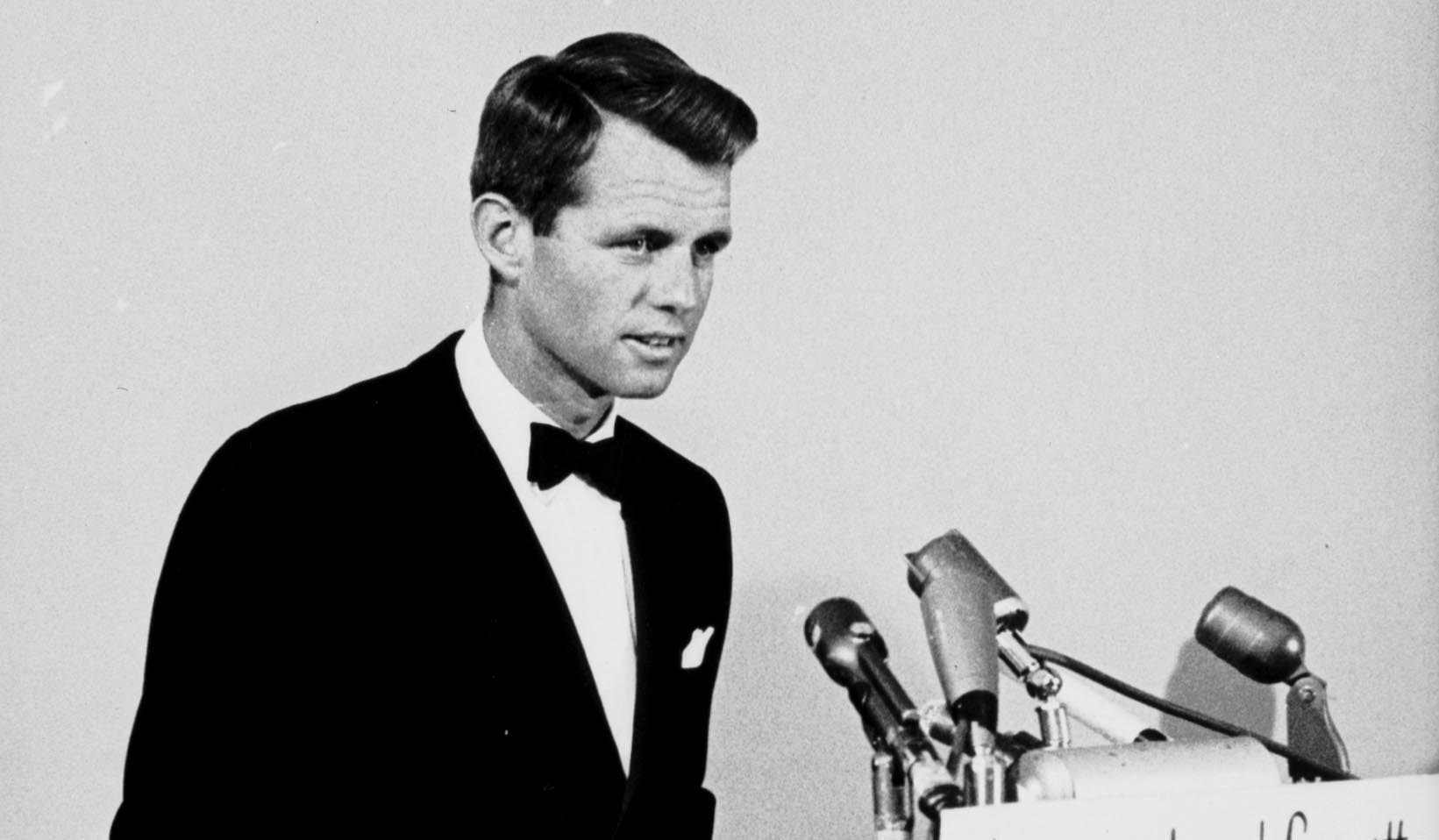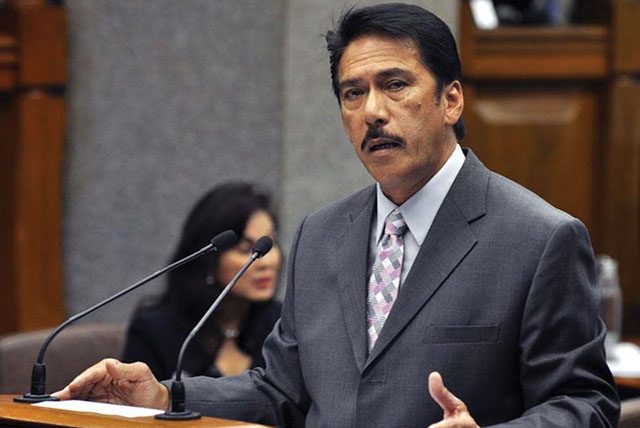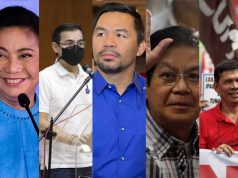Vicente Sotto III, who was elected Senate president earlier this week, defended anew his 2012 speech about the Reproductive Health Bill that was lifted from another speech without citing it. He insisted that he merely translated the original speech into Filipino, and this does not count as plagiarism.
“If we used it and translated it into Tagalog, there’s nothing wrong with that. That’s not plagiarism,” Sotto explained in an interview.
He related this to the translation of the Philippine national anthem, which he mistakenly titled “Bayang Magiliw,” from the original Spanish into Tagalog.
“If you must think that, then ‘Bayang Magiliw’ is plagiarized because it was originally Spanish, and somebody changed it into English, and somebody translated it into Tagalog, unofficially,” he explained.
Six years ago, Sotto already apologized to the Kennedy family for the gaffe, but recently he again denied that he lifted off portions from the 1966 Day of Affirmation speech of late American Senator Robert F. Kennedy.

He said that parts of his speech was lifted from words of an American pastor, whom he identified as Derek Ross, a Christian leader of movement True Love Awaits.
“It was an inspirational message from a pastor that was used by the Americans,” he pointed out.
His constant attempt to justify the speech despite the controversy drew flak on social media, some of which poked fun at his translation analogy.
Mr. SENATE PRESIDENT basic principle… seek PERMISSION or AUTHORIZATION to use something that is not yours.
For your anology: kung ninakaw ba ang kotse mo at pininturahan ng ibang kulay masasabi mo bang di na ikaw may-ari ng kotse?#translation #BayangMagiliw#JokerintheSenate
— Hoven Francisco (@FranciscoHoven) May 22, 2018
Omg sinita ka na & to this day you are still lying about it? UNBELIEVABLE! @sotto_tito @senatePH #SinungalingPaMore
Ctto pic.twitter.com/xZXqZhoLvy— #LeaveOur?Alone (@edythe9) May 22, 2018
Sotto’s theory
Sotto defined plagiarism as claiming ownership of something, whether it is “a written book” or a “written line,” which is not yours.
“In all my speeches, I always say somewhere within the speech that I am not a scientist, I am not a doctor. I get these materials from books, from authors, from scientists, and doctors and all that. But, you know, they refused to listen to that,” he explained.
The senator also blamed reproductive health advocates for the controversy around his address, accusing them of having connections with the United States-based controversial organization Planned Parenthood. He called plagiarism issue their “strategy.”
“If you look at the journal of the Senate from that time to the present, there’s nothing that would fall under plagiarism,” Sotto said.
Sotto, however, was heavily criticized for plagiarizing not only Kennedy’s work, but also those from authors of blog sites and books without citing them properly.
Why plagiarism is unacceptable
Kerry Kennedy, the American senator’s daughter, also accused Sotto of plagiarizing her father in a statement she released on behalf of the family.
“All he had to do was acknowledge that these are Robert Kennedy’s words,” the younger Kennedy told ABS-CBN in an interview.
Plagiarism is acknowledged as an act wherein a producer of content is “stealing” or “passing off” another producer’s works as his own.
While there is no legislation that specifically penalizes plagiarism of such a kind, the country has laws that protect one’s intellectual property from forms of theft.
Section 193 of the Intellectual Property Code of the Philippines details the rights of “authors” to their own works, including proper attribution when used by another.
Similarly, the Cybercrime Prevention Act of 2012 penalizes the computer-related use and alteration of another individual’s work without permission.










